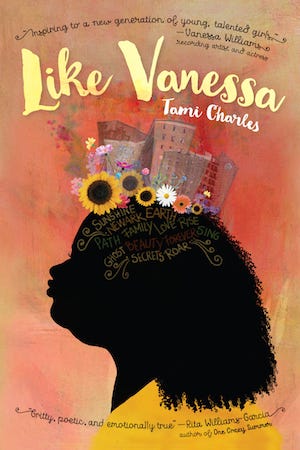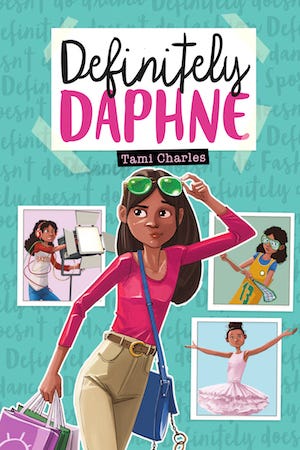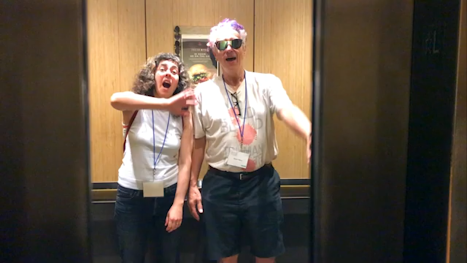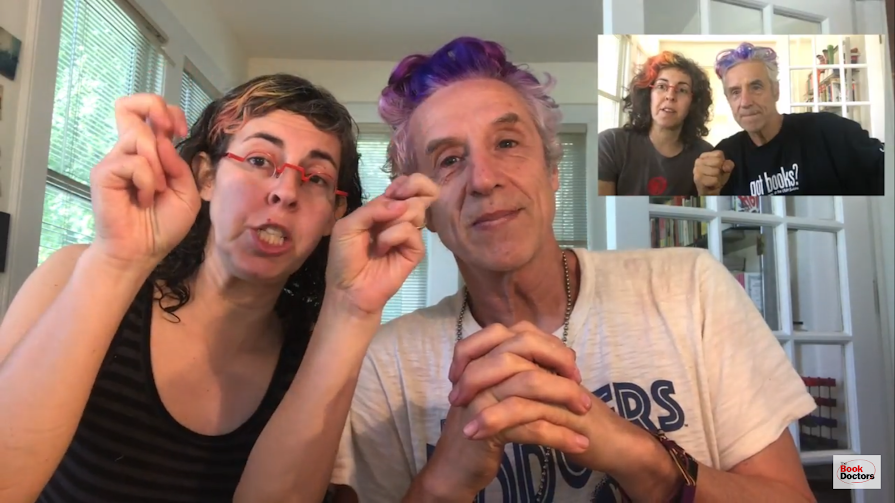Book Notes – David Henry Sterry (“Hos, Hookers, Call Girls & Rent Boys”)

In the Book Notes series, authors create and discuss a music playlist that relates in some way to their recently published book.
Hos, Hookers, Call Girls & Rent Boys collects stories, poems, and essays by sex workers. Compiled by David Henry Sterry and RJ Martin, Jr., the book organizes this collection of refreshingly genuine and brutally honest writings by category (love, life, money, etc.).
The New York Times wrote of the book:
“From the unappealing title, you might think this is a truly trashy paperback. Far from it: it’s an eye-opening, occasionally astonishing, brutally honest and frequently funny collection from those who really have lived on the edge in a parallel universe. Their writing is, in most cases, unpolished, unpretentious and riveting — but don’t worry, their tales are also graphic, politically incorrect and mostly unquotable in this newspaper.”
David Henry Sterry reads tonight in New York at the Museum of Sex at 7 with Xaviera Hollander.
In his own words, here is David Henry Sterry’s Book Notes music playlist for his book, Hos, Hookers, Call Girls, and Rent Boys: Professionals Writing on Life, Love, Money, and Sex:
Hos, Hookers, Call Girls & Rent Boys took me six years to write. Which is odd when you consider I didn’t actually write it. It’s an anthology I put together with my partner in crime RJ Martin, Jr. They are 71 writers in this book, and the only thing they all have in common is that they made money in the sex business. They are from the creamy top and shitty bottom of the economic food chain, and everywhere in between. $2500 an hour escorts, $100 rent boys, and $10 crack hos are bedfellows in our book. Trust me, it’s just as strange as it sounds to wrangle 71 industrial sex technicians. A bit like herding cats in heat. With many of the same drawbacks and benefits. Ironically, this book full of hos was an act of pure love. After we paid everyone, we actually lost money. And it was such a stupidly difficult book to put together. We were inundated with submissions from industrial sex technicians all over the world. From Xavier Hollander, the happy hooker; to Dr. Annie Sprinkle, Post Modernists Porn Priestess; to Georgina Spelvin, legendary star of the greatest movie with sex in it ever made, the Devil in Miss Jones. And lots of work-a-day, meat and potatoes, working stiffs. Frankly, most of the writing was atrocious. Actually, that was the only other thing these people have to have in common. Their writing had to be good. But a big huge chunk of it came in handwritten scrawls. We had to transcribe and edit all that. Add the fact that it took us years of constant failure and rejection, from huge publishing houses, C-list agents, university presses, publishing houses that specialize in exactly this kind of book, even publishers so small that when you call them, someone picks up the phone and says, “Hello, this is Joe’s Publishing, I’m Joe, talk to me.” This book changed my life profoundly, from Hollywood calling, to prostitution abolitionists and decriminalizationists both calling for my head on a pike. But while I was making it, I often felt like Sisyphus, pushing that big huge rock up that big huge mountain for what seemed like eternity. Agony, ecstasy, exhilaration, exhaustipation, and finally a sense of intense satisfaction. And with me every step of the way was the thing that has always soothed my savage beast: music. These are songs I turned to a lot when I put this together. I also accumulated a long list of songs about industrial sex technicians, which I’m including.
1. “Just a Gigolo/I. Ain’t Got Nobody,” Louis Prima
People forget what a musical genius Louis Prima was. Yes, of course he had that big huge voice and personality, he was in some ways a buffoon, in the best sense, lovable and over the top. But it was he who put these two songs together. And in doing so he captured something of the essence of what it’s like to be in the sex business. It has a huge beat, it’s boisterous and it’s massive amounts of fun. There’s that wild call’n’response section at the end, where Louis seems to be having so much fun improvising that he actually runs out of breath. But underneath is a terrible melancholy. There will come a day, when youth will pass away, what will they say about me? When the end comes I know, they’ll say just a gigolo, life goes on without me. Cuz I ain’t got nobody. Having lived for so long with all the stories sex workers sent me, a theme seemed to run through the whole thing. Yes, you often have a crazy, fun loving posse, but there is a feeling of not fitting into the world. Of not having anyone. Or rather, there’s a good chance the people you do have may well be gone tomorrow, or are only there because of the money you can generate from them, or the sex they want from you. So many people have secret lives. But when you are an industrial sex technician, it is accentuated, the tension tightened, the stakes higher. I always felt like I was too straight for the freaks, and too freaky for the straights. This dichotomy of dark and light is brilliantly captured in this song. Plus it’s great to both sing along to, and dance to. Btw, I think the David Lee Roth version sucks. It has absolutely no soul, and none of the sweet melancholy I’m talking about.
2. “Louise,” by Paul Siebel
This is a haunting song about a sex working woman who gets killed. It’s terribly sad and poignant. Louise rode home on the mail train, somewhere to the south I heard them say. Too bad it ended so ugly. Too bad she had to go that way. But the wind is blowing cold tonight. So goodnight, Louise, goodnight. There’s so much violence in the world of sex 4 $. In our anthology is a beautiful piece by Dr. Annie Sprinkles about a vigil she started to honor those killed by the Green River Killer, who said he murdered so many prostitutes because he knew he could get away with it, that no one would care. When I myself was in that world I fell madly in love with a woman/child named Jade. I was insanely in love with her. She was either 15 or 40, depending upon when you looked at her. She was a very very high end teenage call girl. We had the same employment counselor/pimp: Sunny. I myself was slightly untethered from reality at this point in my life, and I used to have these crazy fantasies of us getting out of Hollywood and moving to the Galapagos Islands or somewhere and making beautiful little biracial babies together. One day I got a call from Sunny. Jade was dead. Killed at the hands of the trick. There two versions of this song that I love. They’re very different. One is by Bonnie Raitt. Early Bonnie Raitt, so it’s very stripped down and not slickly produced. The other is by Leo Kottke, that 12 string madman virtuoso, with that heavy heavy baritone. And an exquisite slide guitar solo that just hugs at the strings of my heart, which is usually at that point on my sleeve.
3. “Sex Machine,” by the hardest working man in show business, James Brown.
Plowing through all those stories, I frequently fatigued. This song always makes my drawing click save go to sleep glands squirt. This track drips testosterone. The guitar hook, the beat, the funk, it’s all so good. Plus, when I used to be in the Life myself, I thought of myself when I was on the Job as a machine. A sex machine.
4. “Cocaine,” by Rev. Gary Davis
The recording I have was done when the good Rev. was about 150 years old, so he has this amazing old bluesman rasp, and his incredible finger picking style is very percussive but also has a lilting melodious quality to it. There’s so many drugs in this book. I was a cocaine addict. It wasn’t nearly as much fun as it sounds. I haven’t had any cocaine about 10 years. Not that I wouldn’t, if you were sitting here and you offered it to me. I just don’t go out of my way to look for it anymore. But this song, and the raw quality of the recording, always helped me get back in touch with the dragon that must be fed, the monkey clinging to the back, the 600 pound gorilla in the room of every addict.
5. “Lady Marmalade,” written by Bob Crewe and Kenny Nolan
I happen to enjoy both versions, the original Patti LaBelle (produced by New Orleans legends Allen Toussaint), and Christina Aguilera, Lil’ Kim, Mya & Pink, from the Moulin Rouge Boz Lerman soundtrack. Depending if I’m feeling modern or old school. “Voulez-vous couchez avec moi, ce soir?” For those of you who don’t speak French, the loose translation is: Do you want to f*ck me tonight? What could be more appropriate for a whole book about the intersection of f**king and money. Sexy, fierce, majestic, and throbbing with pussy power, this song just puts a smile on my face, my body starts dancing, and it shakes my brain free.
6. “Walk on the Wild Side” by Lou Reed
That double bass lines which dominate this song feel so slinky and sexual and subversive, no matter how many times I hear it. And that hardcore yet effortless singsongy thing that Lou Reed does feels so much like the underground world of sex 4 $. And of course that absolutely prescient, transcendent line: But she never lost her head, even when she was giving head. Words to live by for anyone, but especially for industrial sex technicians.
7. “YMCA,” written by Jacques Morali, Victor Willis, Henri Belolo, and made famous of course by the one, the only Village People.
There are lots of rent boys and male hustlers in this book, and this song and its campiness, plus it’s cockeyed optimism and sense of funfunfun made it a constant companion throughout the writing of this book. And it’s actually mentioned in one of my favorite stories in the book by fantastic writer, Perry Brass.
Here are the songs about sex workers I’ve accumulated over the years.
TOP 25
“Gigolo/I Ain’t Got Nobody,” Louis Prima
“Love for Sale,” Noel Coward & Billie Holiday
“Louise,” Bonnie Raitt/Leo Kottke
“Christmas Card from a Hooker,” Tom Waits
“Walk On the Wild Side,” Lou Reed
“Lola,” The Kinks
“Ten Cents a Dance,” Ruth Etting
“Gotta Get a Gimmick” from Gypsy
“Lady Marmalade,” Patti Labelle
“I’m a Mighty Tight Woman,” Sippie Wallace
“Tecumseh Valley,” Patty Griffin
“Dance Hall Girls,” Candye Kane
“Cracked Actor,” David Bowie
“Private Dancer,” Tina Turner
“Call Me,” Blondie
“She Works Hard for the Money,” Donna Summer
“St. Teresa,” Joan Osborne
“Money Talk,” Pretenders
“Darling Nikki,” Prince
“Streetwalking Blues,” Memphis Minnie
“House of the Rising Sun,” Animals
“She Want to Sell my Monkey,” Tampa Red
“Hustlin Blues,” Ma Rainey
“Red House,” Jimi Hendrix
“Roxanne,” Police
THE REST
“Hustlin Woman Blues,” Memphis Minnie
“The Whores Hustle and the Hustlers Whore,” PJ Harvey
“Prettiest Whore,” East River Pipe
“Skin Deep,” The Stranglers
“She Sells Sanctuary,” The Cult
“Sell Your Love,” Iggy Pop
“Down on the Street & Little Doll,” the Stooges
“Take it off The E-String,” Put It on The G-String
“Acapulco Goldie,” Dr. Hook and the Medicine Show
“Make That Money,” Robi Rob’s Club World
“Angel is a Centerfold,” J.Geils Band
“Women got my Money,” Rusted Root
“Fancy,” by Bobbie Gentry
“No Diggity,” Black Street
“Take It Off,” The Andrew Sisters
“Chelsea Girls,” Velvet Underground
“La Grange,” ZZ Top
“Ladies,” Jethro Tull
“Back Street Girl,” Led Zeppelin
“You Got to Give Me Some of it,” Buddy Moss.
“That Stuff you Sell Aint No Good,” Walter Davis.
“Eight Hour Woman,” Edith Johnson
“Tricks Ain’t Walkin’ No More,” Lucille Bogan
“Down in the Alley,” Memphis Minnie
“Good Girl Blues,” Memphis Minnie
“You Can’t Give it Away,” Memphis Minnie
“Girls, Girls, Girls,” by Motley Crue
“Teenage Prostitute,” Frank Zappa
“I’m Your Late Night Evening Prostitute,” Tom Waits
“Femme Fatale,” Velvet Underground
“S&M Airlines,” NOFX
“Sweet Painted Lady,” Elton John & Bernie Taupin
“Ballad of Chasey Lane,” The Bloodhound Gang
“Bad Girls,” Donna Summer
“High School Hooker,” Forgotten Rebels
“He’s a Whore,” Cheap Trick
“Teenage Whore,” Hole
“53rd and 3rd,” the Ramones
“Hustler,” Boss Hog
“Jennifer Jason Leigh,” J Church
“Pasties and a G-string,” Tom Waits
“Gypsies, Tramps and Thieves,” Cher
“Jennie Lee,” Jan and Dean
“When the Sun Goes Down,” Arctic Monkeys
“What Do You Do For Money Honey?,” AC/DC
“Pro Girl,” Janis Ian
“Mexican Blackbird,” ZZ Top
“Lady Of The Night,” Isaac Hayes
“P.I.M.P. The S.I.M.P,” Rick James
“Cosmic Slop,” Funkadelic
“Flores Nocturnas,” Silvio Rodríguez
“Trash A-Go-Go,” Funkadelic,
“Perfect Gentleman,” Wyclef Jean
“Best Little Whore House,” Dolly Parton
“Barcelona,” Sinceros
“Whores,” Jane’s Addiction
“Prostitute Flange,” Lil Wayne
“Jezebel,” Sade
“Hooker,” Pink
“The Love I Fake,” Chris Robley
“He’s a Whore,” Cheap Trick
“Midnight Caller,” Badfinger
“Wild Thing,” Tone Loc
“XXX,” Helium
“Concrete Angels,” Martina McBride
“You’Z a Ho,” Ludacris
“Strutter,” KISS
“Fancy,” Bobbi Gentry
“Taylor,” Jack Johnson
David Henry Sterry and Hos, Hookers, Call Girls, and Rent Boys: Professionals Writing on Life, Love, Money, and Sex links:
the author’s website
the author’s Wikipedia entry
the book’s website
Bust review
California Literary Review review
New York Times review
New York Press review
Publishers Weekly
The Rumpus review
Scribes Sounding Off review
Tiger Beatdown review
Whore Madonna review
Express Night Out interview with the author
Lee Bob Black interview with contributor Melissa Petro
San Francisco Chronicle interview with the author
Tonic interview with contributor Candye Kane
also at Largehearted Boy:


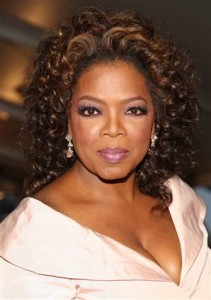



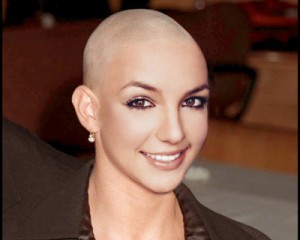
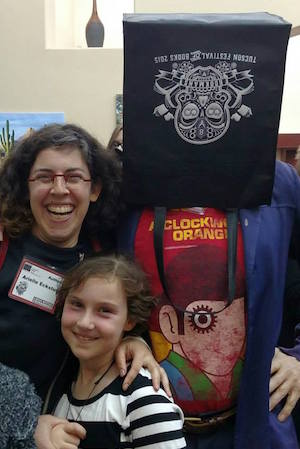
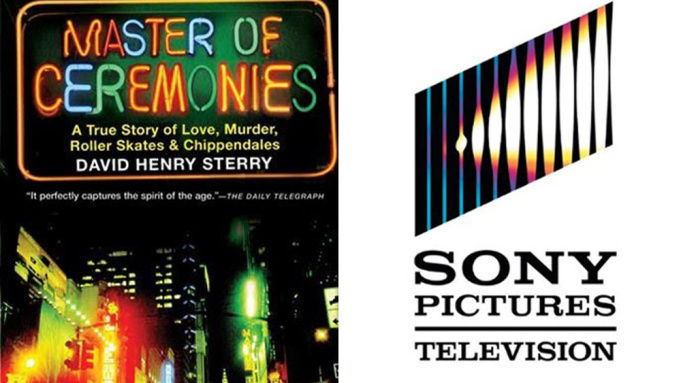
 Gordon SmithCourtesy of ICM Partners
Gordon SmithCourtesy of ICM Partners
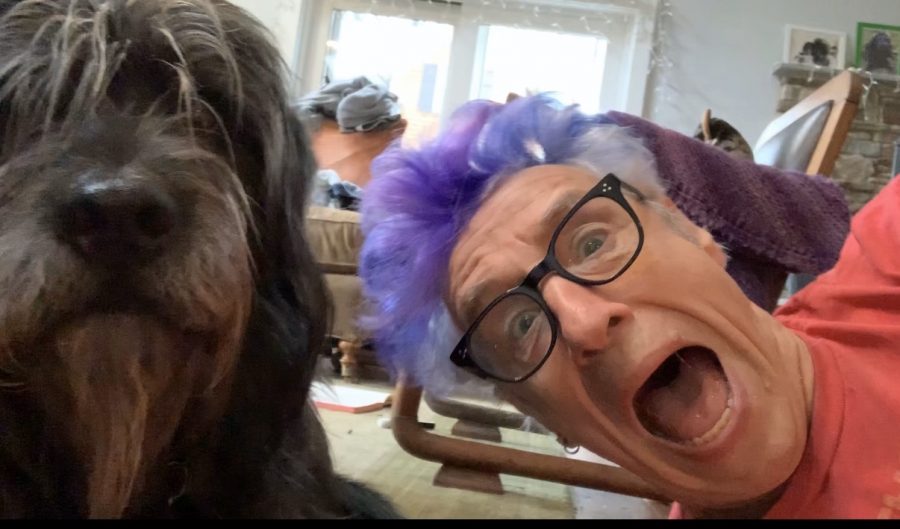
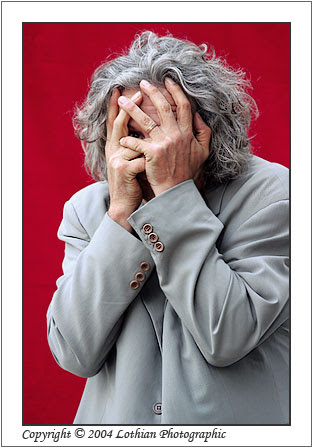


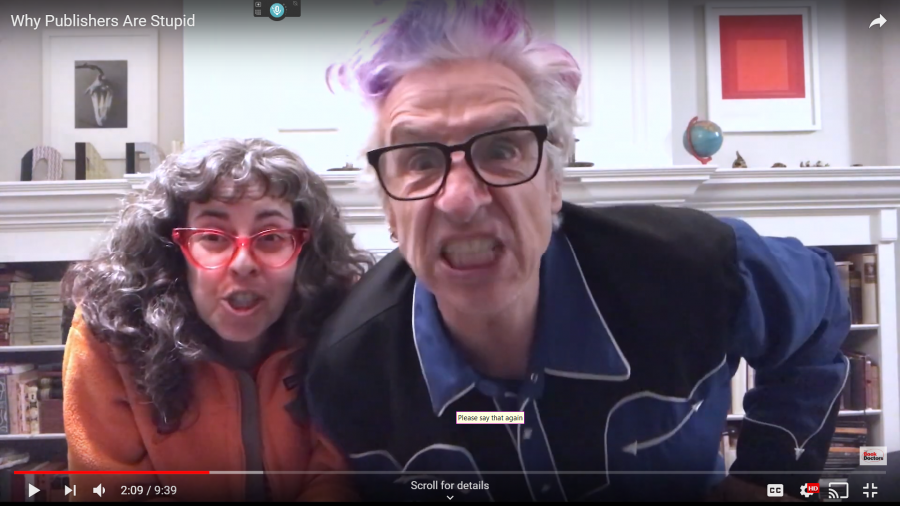
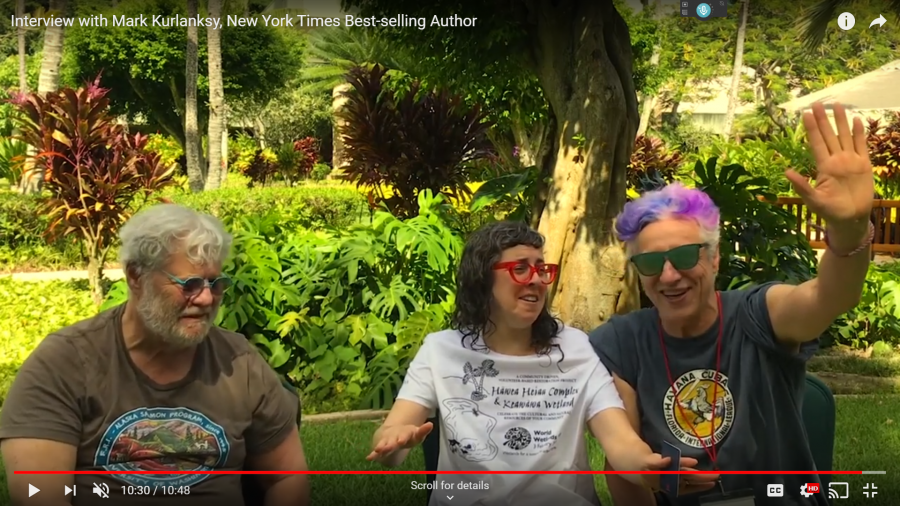

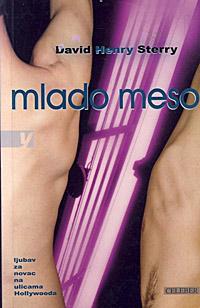
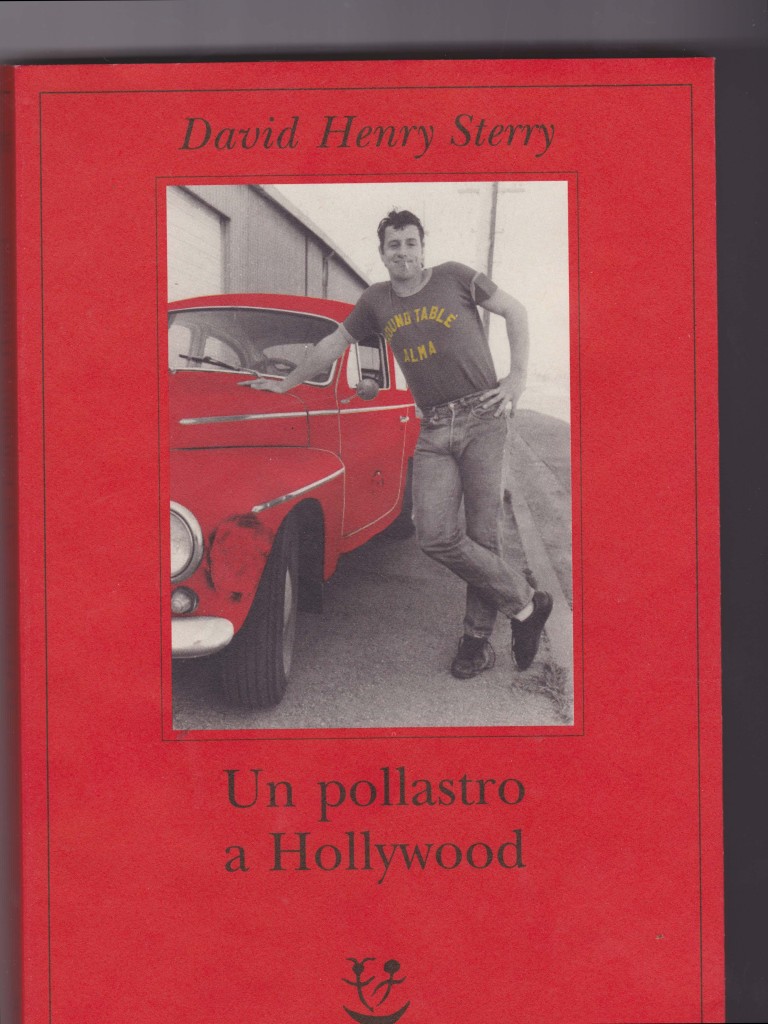

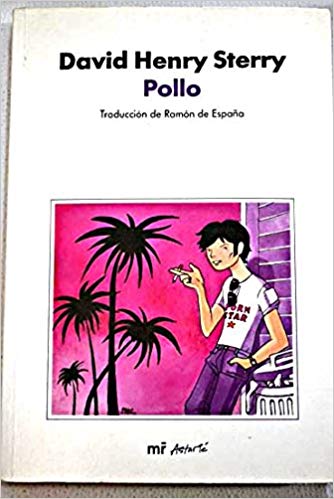

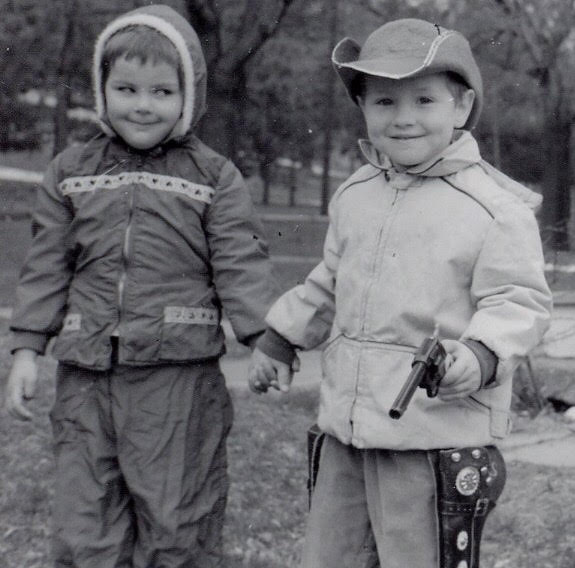


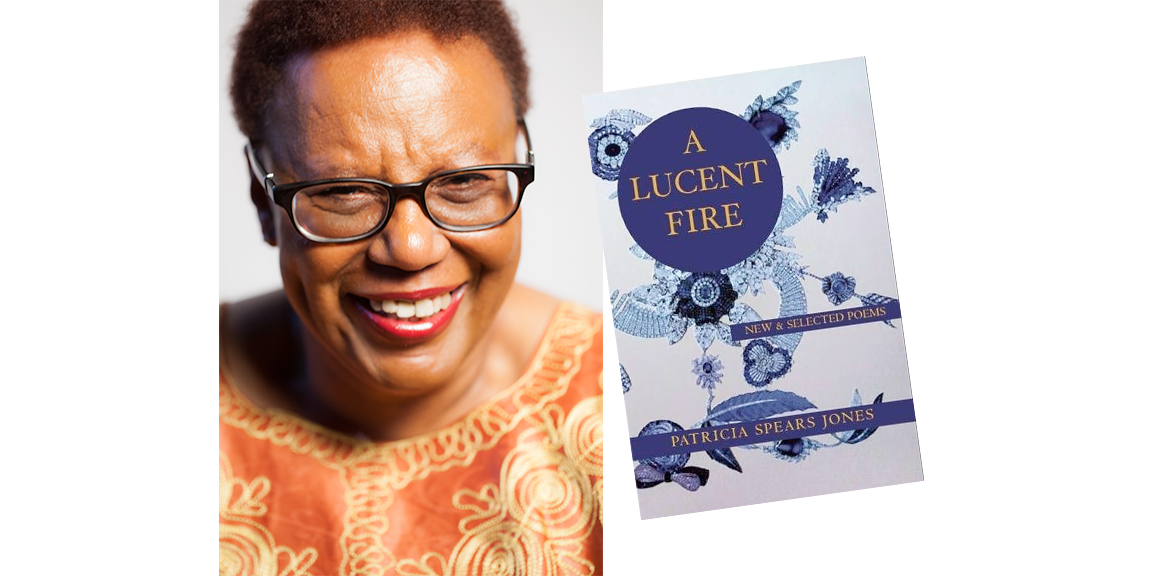

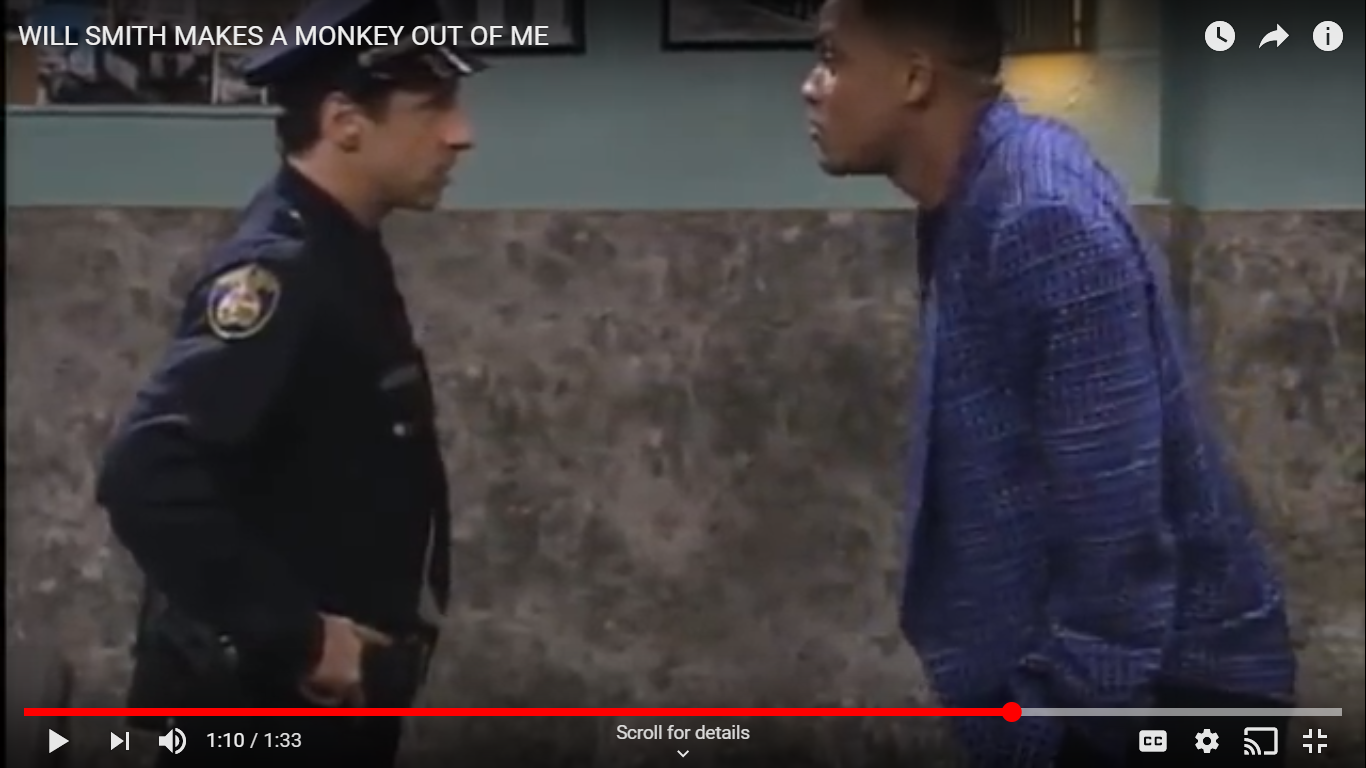

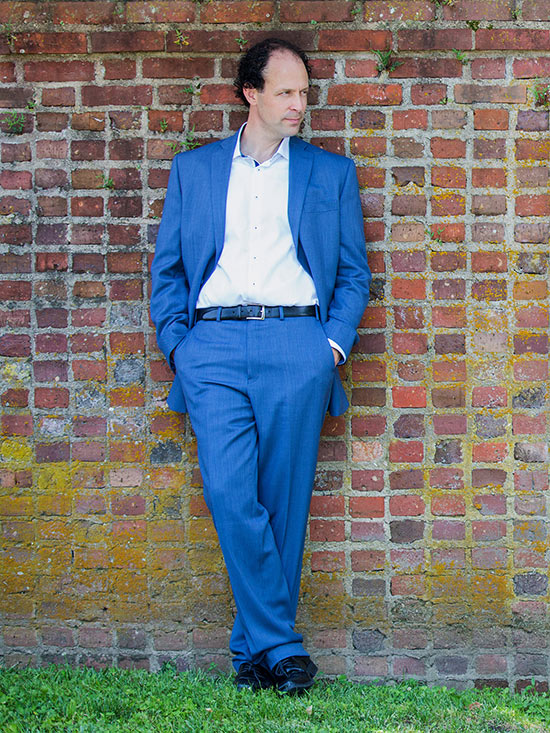

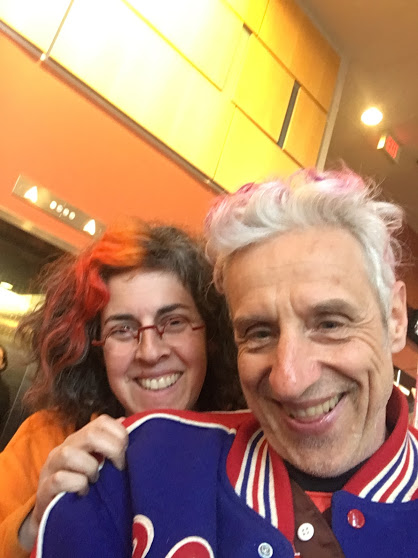

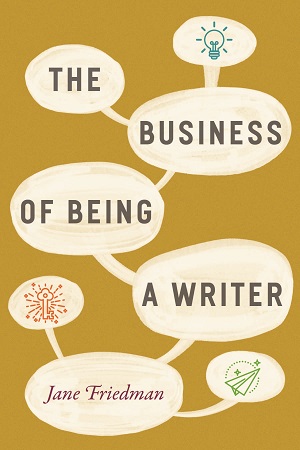
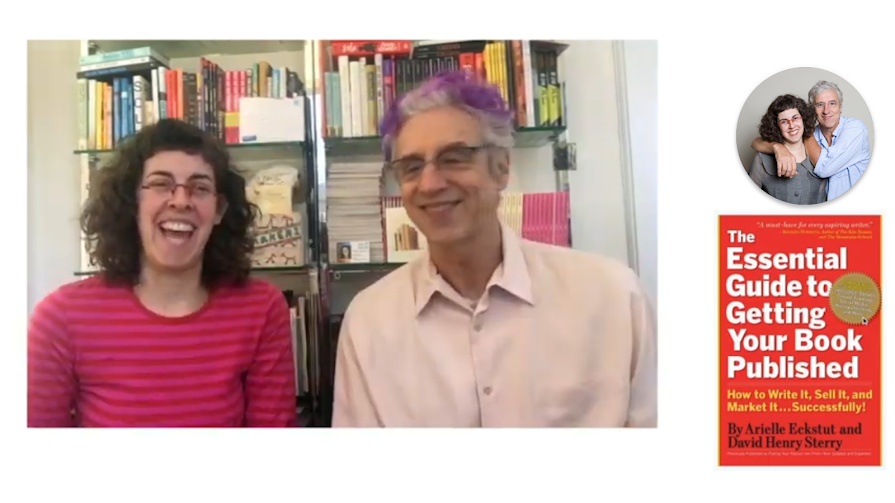
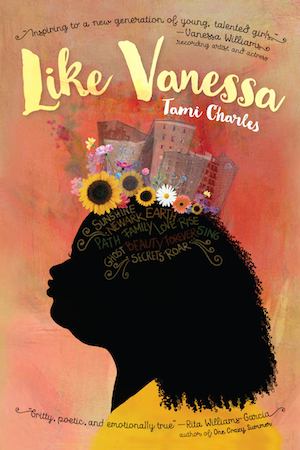
 Tami Charles
Tami Charles